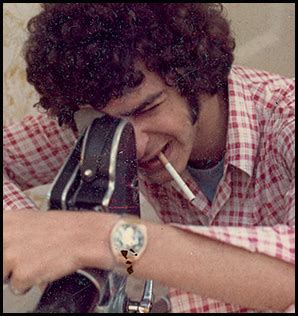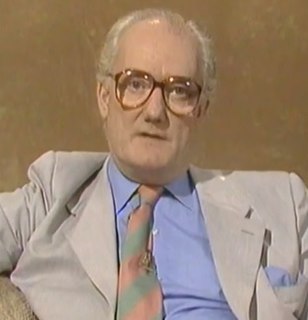A Quote by Ismail Kadare
I consider I've had a good day when, among the lines I've written, I've produced from my innermost core what I call 'the appearance of the pearl.' That could refer to a discovery, a sense of harmonious cohesiveness, or something like that.
Related Quotes
In this respect a program is like a poem: you cannot write a poem without writing it. Yet people talk about programming as if it were a production process and measure "programmer productivity" in terms of "number of lines of code produced". In so doing they book that number on the wrong side of the ledger: we should always refer to "the number of lines of code spent".
I got a call from someone at WWE and was flown out for an appearance, knowing I had to do Revlon training the next day. I was open to it as long as they got me to the airport so I could make it to my gig in San Francisco on time. When the company picked me up, I had all my Revlon stuff for the class the next day and took it with me to the arena.
I asked inmate in New York, Warden Fay at that time if, if it didn't make a better inmate out of the Negroes who accepted it and he said, "Yes." So I asked him then what was it about it that he considered to be so danger, and he, dangerous, and he pointed out that it was the cohesiveness that it produced among the inmates. They stuck together.
Funny bones, to me, are more important than funny lines. If a comedian is just not likable and doing the lines, you could read them yourself. Whereas if someone [you like] shambles out, and they tell you what a bad day they've had, they don't have to say anything. I love them. I want to hug them because they've been through something. And it comes back to empathy, always empathy.
If you read the biographies of people who have written good books, you often see the point where they suddenly come into themselves, and those weeks in the spring of 1997 were when I came into myself as a writer. They feel like some of the best weeks of writing I’ll ever have. The discovery that I could write better about something as trivial as an ordinary family dinner than I could about the exploding prison population of the United States, and the corporatization of American life, and all the other things I’d been trying to do, was a real revelation.
To take, for example, my own death: what I consider most likely to be true is that death will be the complete and utter end of my existence, with no successor existence of any kind that can be related to me as I now am. And if that is not the case, the next most likely scenario, it seems to me, is something along the lines indicated by Schopenhauer. But neither of these is what I most want. What I want to be true is that I have an individual, innermost self, a soul, which is the real me and which survives my death. That too could be true. But alas, I do not believe it.






































